ABSTRACT
This article examines the traditional leaders in Somaliland and their role in building peace and the state. The study questions if the traditional system existing in Somaliland is a tool for conflict resolution as used before or a dilemma on governance and endeavors to strengthen state institutions to provide social services and security to the citizens in general. The study doesn’t undermine the positive role of the traditional leaders within the Somali society has been organized for centuries in clan line structure in which every and each clan has its own leader, literally called ‘Chief Aqil’ and basically fabricates the bonds between the adjacent and neighboring clans. The study employed both primary and secondary data in which were analyzed qualitatively. The study argues that the current hybrid system existing in Somaliland cannot bring good governance and development, unless the traditional elders abandon the politics, thus produce stable and good governance, which in return brings legitimate, socially inclusive, respect human rights based on the rule of law and the division of power which are imperative in modern state institutions.

